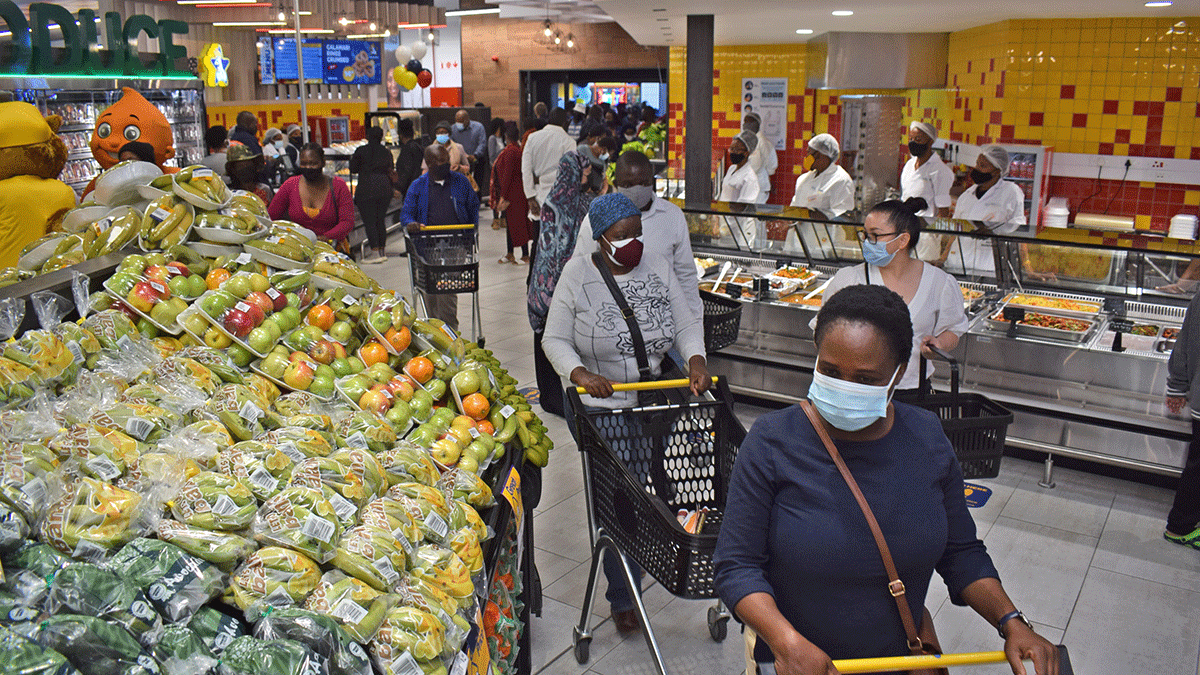Sparked by the geo-political tensions of Russia invading Ukraine, prices started going up in 2022.
However as of April 2023, the annual inflation rate stood at 7.9 percent, marking a 2.0 percent decline from 9.9 percent previously recorded in March 2023.
This welcome trend is expected to lead to a return to normalcy of prices in 2024 according to Statistics Botswana monthly report on inflation.
The downward inflation trend was influenced by transport, food & non-alcoholic beverages and miscellaneous goods and services being the main contributors at 2.7 ,2.2 and 0.9 percent respectively.
Meanwhile the report has noted that inflation still sits outside Bank of Botswana’s (BoB) targets t of maintaining local inflation between the ranges of 3-6 percent.
While previously, prices were further pushed up by frequent fuel price increases at local level, the phenomenon has since subsided. The last fuel price adjustment came in 1st of March, 2023 with all of paraffin, diesel and petrol going up.
There was also a decrease in fuel prices in January 2023 which sparked hope that fuel prices will gradually decrease this year which has however not been the case.
Nonetheless, while inflation rate is slowly going down, the cost of goods and services more especially food stuffs have remained relatively high. In an interview with Voice Money, local economist Dr Patricia Mogomotsi said the recent supply challenges of foodstuffs also has had an influence on prices.
“Generally, shops are slow to react to price changes. Even when their input prices are reduced, they maximise their profits by maintaining the high prices. That’s the sad thing about capitalism. The other thing is that rental and transport prices are stubborn to go down. The landlord would give you a price during the inflationary period and maintain it even when the inflation has reduced,” explained Dr Mogomotsi.
Further, supply of food stuffs more especially key grains such as wheat, sorghum and maize has been a challenge not only in Botswana but globally. While, Botswana grappled with its own low supply of sorghum grains, this has influenced the price hike due to high demand and low supply.
“Remember that some prices such of grains and wheat are high not because of inflation, but because of the shortage that we are currently experiencing. Plus we have prices of potatoes and other vegetables that are still high due to the costs associated with domestic production,” explained Dr Mogomotsi, citing insufficient production as another causative agent to the high cost of goods despite a declining inflation.











